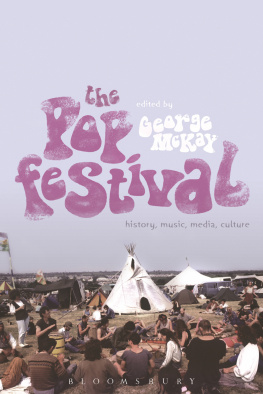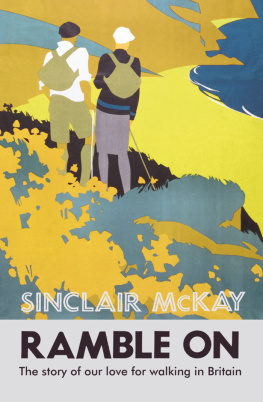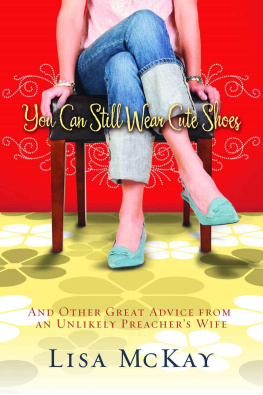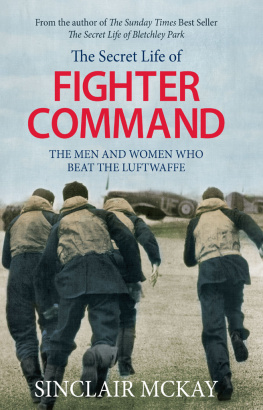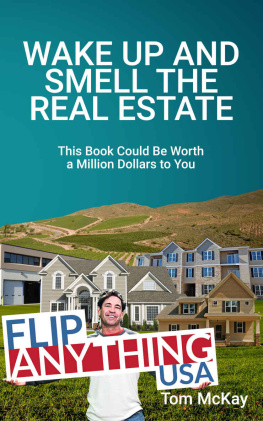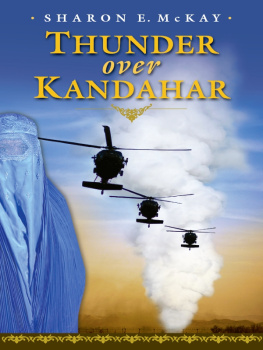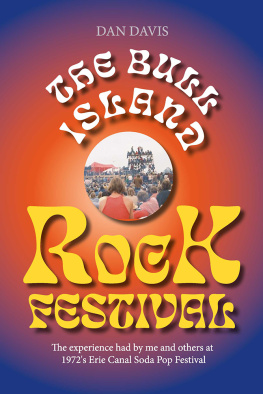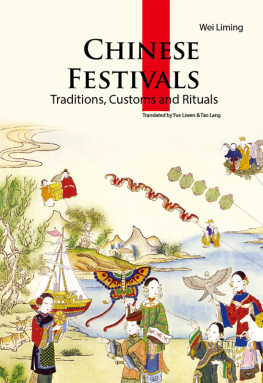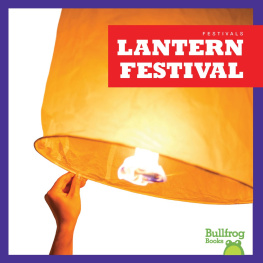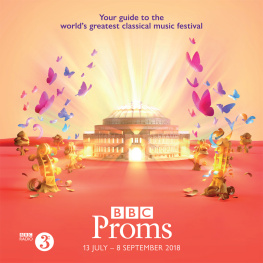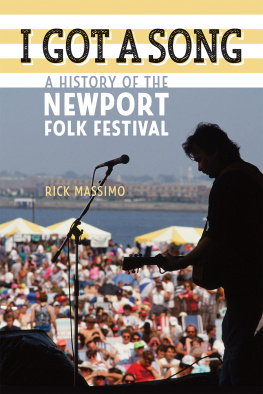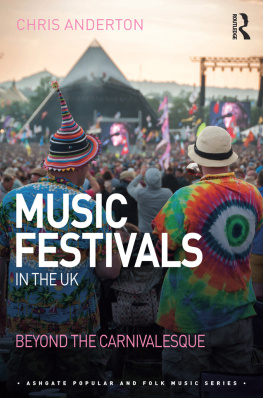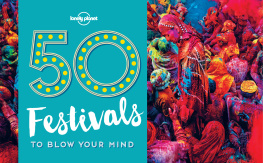The Pop Festival
The Pop Festival
History, Music, Media, Culture
EDITED BY
GEORGE McKAY
Bloomsbury Academic
An imprint of Bloomsbury Publishing Inc

Bloomsbury Academic
An imprint of Bloomsbury Publishing Inc
1385 Broadway | 50 Bedford Square |
New York | London |
NY 10018 | WC1B 3DP |
USA | UK |
www.bloomsbury.com
BLOOMSBURY and the Diana logo are trademarks of Bloomsbury Publishing Plc
First published 2015
George McKay and contributors, 2015
All rights reserved. No part of this publication may be reproduced or transmitted in any form or by any means, electronic or mechanical, including photocopying, recording, or any information storage or retrieval system, without prior permission in writing from the publishers.
No responsibility for loss caused to any individual or organization acting on or refraining from action as a result of the material in this publication can be accepted by Bloomsbury or the author.
Library of Congress Cataloging-in-Publication Data
The pop festival: history, music, media, culture/edited by George McKay.
pages cm
Includes bibliographical references and index.
Summary: A brilliant collection of essays on popular music festival culture as a whole, from its origins to a wide range of contemporary manifestationsProvided by publisher.
ISBN 978-1-62356-820-7 (hardback: alk. paper)
ISBN 978-1-62356-959-4 (pbk.: alk. paper)
1. Music festivals. 2. Popular musicHistory and criticism.
I. McKay, George, 1960- editor.
ML35.P66 2015
781.64078dc23
2014045826
ISBN: HB: 978-1-62356-820-7
PB: 978-1-62356-959-4
ePDF: 978-1-62892-196-0
ePub: 978-1-62892-198-4
Typeset by Deanta Global Publishing Services, Chennai, India
For Ailsa
CONTENTS
This book draws on funding and findings from two research projects: HERA/EUFP7 Rhythm Changes: Jazz Cultures and European Identities (in which four contributors were involved: Prof Andrew Dubber, Dr Anne Dvinge, Dr Nick Gebhardt and Prof George McKay; 201013), and McKays Arts and Humanities Research Council (AHRC) Leadership Fellowship for the Connected Communities programme award (201215).
The editor would like to thank organizers of and contributors to the following events and projects, which in varying ways fed into the thinking for the book: Carnivalising Pop symposium at the University of Salford, 2014; AHRC Creative Economy project, Carnivalising the creative economy: jazz festivals research and knowledge exchange, 2014; EFG London Jazz Festival, 2014, 2013; Cheltenham Jazz Festival, 2014; Jazz Messengers conference, University of Aveido, 2013; MSN Festival-goers survey media consultancy, 2013; Lancaster Jazz Festival, 2013; AHRC Connected Communities programme events, 201114; AHRC Live Music Exchange project conference, University of Glamorgan, 2012; MA Music Festival Industries validation, Southampton Solent University, 2012; Kendal Calling Professor in Residence, 2011; AHRC Research Network, Festival as a state of encounter, Leeds University, 200910; ESRC Music festivals and free parties: negotiating managed consumption: young people, branding and social identification project, University of Bath, 200810; EUFP6 Society and Lifestyles project, Vytautas Magnus University, 200608.
Also, at the University of Salford, thanks to Prof Tony Whyton, Dr Ben Halligan, Dr Michael Goddard, Prof Brian Longhurst, Dr Chris Lee, Dr Deborah Woodman; Amsterdam Conservatory Prof Walter van de Leur, Loes Rusch; EFG London Jazz Festival John Cumming, Katrina Duncan, Amy Pearce; Kendal Calling Ben Robinson; Frukt Marketing and Operations Chloe Sideris; Cheltenham Festivals Julia Jenkinson, Tony Dudley-Evans, Ian George, Emily Jones; AHRC/Connected Communities Prof Keri Facer, Sue Hanshaw, Mark Llewellyn, Gary Grubb, Paul McWhirter and the entire AHRC team really! At home, thanks to Emma McKay and Dora McKay. And thanks also to Mike Weaver, Alan Dearling.
At Bloomsbury Ally Jane Grossan, for commissioning and then being patient, as well as Carly Bareham, Michelle Chen and Kim Muryani for their assistance. Also from the production side, thanks to Anita Singh.
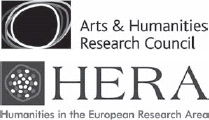
Photography in Alan Lodge, photo-essay Alan Lodge. http://digitaljournalist.eu
Chris Anderton is a senior lecturer in popular music at Southampton Solent University, UK, where he is course leader of BA (Hons) Music Promotion, director of the in-house music organization Solent Music (solentmusic.com) and co-executive producer of SMILEfest (smilefest.co.uk) a student-managed annual music festival incorporating live music, guest speakers and industry-led workshops. He completed his PhD, entitled (Re)Constructing Music Festival Places , at Swansea University in 2007, and is co-author of Understanding the Music Industries (Sage, 2013). Chris has also published chapters and articles on music bootlegging, music festivals and progressive rock, and his monograph on British music festivals is forthcoming from Ashgate.
Gina Arnold is an adjunct professor of rhetoric and languages at the University of San Francisco. She received her PhD in modern thought and literature at Stanford University and was a teaching fellow in the Centre for Comparative Studies in Race and Ethnicity and subsequently a postdoctoral scholar there as well. Prior to joining the academy, Gina was a rock critic and author and columnist, and has published pieces in Rolling Stone , Spin , the New York Times , the Village Voice , Entertainment Weekly and a number of other music magazines. She is the author of three books, Route 666: On the Road To Nirvana (St. Martins/Picador, 1993), Kiss This: Punk in the Present Tense (St. Martins/Picador, 1997) and Exile In Guyville (Bloomsbury, 2014).
Joanne Cummings is a social researcher at the University of Western Sydney, Australia. Her research interests and publications investigate the sociological aspects of music festivals, youth cultures, neo-tribalism and environmental sustainability. Her book chapters include The greening of the music festival scene, in Andy Bennett et al., eds., The Festivalization of Culture (Ashgate, 2014), and Festival spaces, green sensibilities and youth culture, in Gerard Delanty et al., eds., Festivals and the Cultural Public Sphere (Routledge, 2011).
Andrew Dubber works at both Ume University, Sweden, where he leads interdisciplinary initiatives and consults within European-funded projects concerning music, creativity, innovation and enterprise, and Birmingham City University, UK, where he is a professor of music industry innovation. He is also the director of Music Tech Fest a global festival of music ideas. He is the author of Radio in the Digital Age (Polity, 2013) and co-author of Understanding the Music Industries (Sage, 2012), and has written and published several independent e-books about music and digital culture. He was a researcher on the HERA/EUFP7 Rhythm Changes: Jazz Cultures and European Identities project (201013). His research interests include digital media cultures, media and music innovation, online music enterprise, radio in the digital age, music as a tool for social change and music as culture. He teaches about radio broadcasting, the music industries, music hacking and the online environment. Dubbers background is primarily as a practitioner in the media industries as a radio producer and presenter, label owner and record producer. His website is http://andrewdubber.com.
Next page
